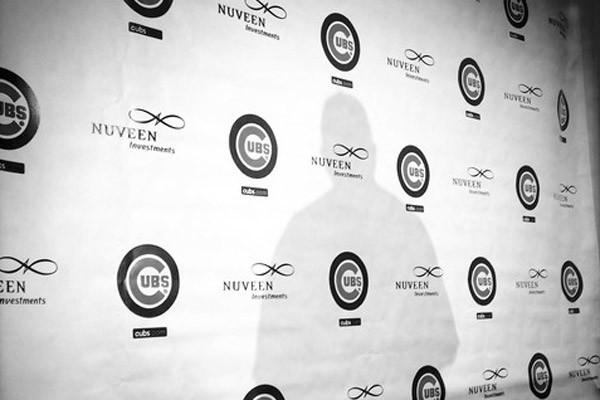
A couple weeks ago, Bloomberg Businessweek released a chart of the "Smartest Spenders in Sports," which compares sports franchise spending to wins, playoff wins, and championships. Conveniently, they built in sliders so you can tweak the formula to your priorities—if only winning the World Series matters, you can emphasize that; if you think that a combination of above-.500 teams and success in the playoffs is sufficiently impressive, you can include that.
And under the most generous formula for the Cubs—no bonus for wins over .500, playoff wins, or championships, they finish 27th of 30 MLB teams over the past five years, ahead of the Boston Red Sox, Yankees, and Mets. (If you include all major sports, though, they're only 110th out of 122.) Granted, you should take their methodology with a grain of salt. The Indians, Padres, and Marlins rank in the top 10, even with conservative bonuses for playoffs and championships, because of their low salaries, despite the fact that they all fall below the MLB average for yearly wins (81.40).
The Cubs, loathing of recent performance aside, aren't a bad team (aside from the 2012 season): they've averaged 80.73 wins over the past five years, essentially average, and four wins over .500 compared to a MLB average of 4.40. The White Sox, by comparison, have averaged more wins than the Cubs (82.55), but fewer wins over .500 (2.73). The Sox have been both surprising and disappointing over the past few years; the Cubs have been reliably mediocre.
If it helps, I couldn't devise a formula in which the Cubs were worse than the Mets. They've had almost identical payrolls, almost identical wins per season, but the Cubs have finished with more games over .500 in the past five years.
On some level it's kind of a silly ranking, but it's also an example of how teams would fare if they were judged solely on ROI and not fluky things like "winning the World Series."
ESPN, meanwhile, combined qualitative and quantitative data in their most recent franchise ranking… and the Cubs fared just as badly: 29th out of 30 teams in baseball, 112th out of 122 in the four major sports. By a couple measures, they achieve legitimate mediocrity: 68th in ownership ("Honesty and loyalty to core players and local community") and 63rd in Stadium Experience ("Quality of arena and game-day promotions as well as friendliness of environment"). Other than that it's pretty bad.
Only one MLB team fared worse, one that you'll find above, and one that might cause a degree of concern: the Red Sox. Their rankings are eerily similar in wins versus fan-derived revenue, quality of coaching, affordability, fan relations, and players ("Effort on the field and likability off it").
The Cubs did have the worst ratio of revenue that comes directly from fans to wins—well, "worst" if you mean "are best able to sell a mediocre product at a premium." Some people would categorize that differently.
Speaking of which, Chris Silva argues that Notre Dame are the college equivalent of the Cubs. He's almost entirely right. But I take issue with this:
In the same way that WGN-TV (owned by Tribune Company, Chicago’s parent) made the Cubs America’s darlings, NBC’s deal with Notre Dame has beamed the Fighting Irish into every corner of the nation since 1991. The network’s partnership with Eurosport broadcasts home games to an additional 62 countries, giving the team an international following. Even when the Irish stink, they’re in demand: Despite a dismal 3–9 season in 2007, NBC extended the school’s contract through 2015 at a reported $15 million a year—an annual pay raise of $6 million.
I do not know how people from the Midwest feel about this. But Notre Dame signed their massive deal with NBC in the last gasp of the team's great years: from 1988-1993, the Fighting Irish finished in the top 10 all but one year, finishing 13th in the nation in 1991. Since then, they've finished in the top 10 once, and yet every Saturday, in prime viewing time for the most regionally devout sport in America, the Irish are unavoidable, no matter where you live or whether they're actually good. (And yet, despite their omnipresence, Brady Quinn and Jimmy Clausen were named NFL starters.) In my experience, this has not made the Fighting Irish America's darlings so much as a mild weekly irritant.
Photograph: Chicago Tribune


